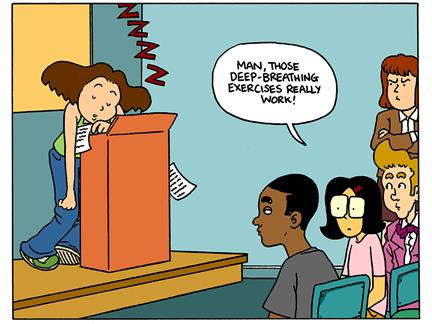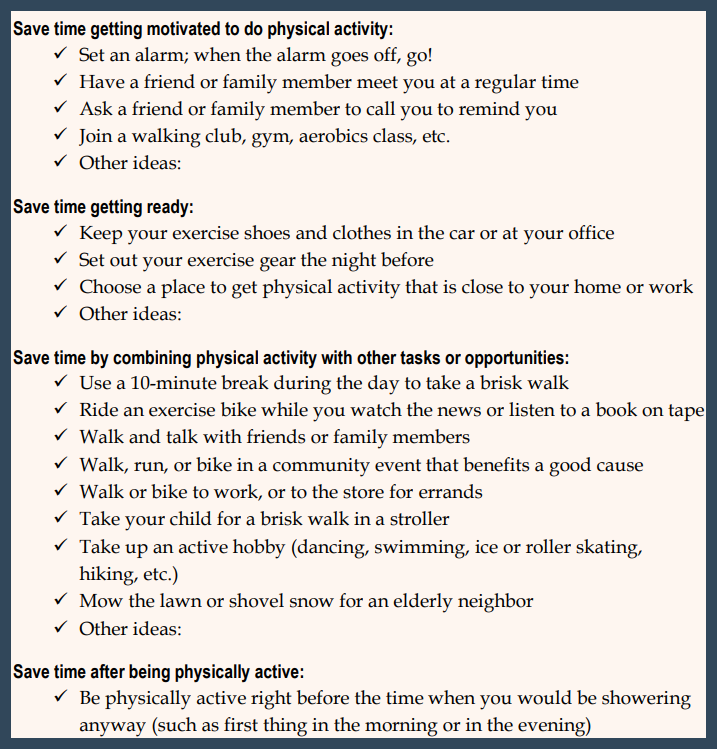Managing Stress

Section A: What is Stress?
Stress is a physical, social, or
psychological event that disrupts the body’s normal state and to which the body
tries to adapt. Tension is our body’s Fight
or Flight
response, and it is built into our DNA. Feeling
anxious can be your body's way of telling you to need to change some part of
your life. Stress is anything that
happens to you that puts pressure on your mind and body and causes you to feel
worried, uptight, or tense.
·
Fight ŕ to stay and deal with the
situation
·
Flight ŕ to run away
The problem
is that our bodies can overdo it and go into fight-or-flight mode when we are
just a little anxious. By ignoring a
problem or running from it will not make it go away.
Let’s Practice: Fight-or-Flight
There is
positive and negative stress. Positive
stress provides an opportunity for personal growth, satisfaction, and
well-being. Negative stress can result
in a buildup negative stressors like academic and athletic pressure.
·
Distress ŕ the destructive type that
threatens your physical and emotional well-being; fear than excitement
·
Eustress ŕ good stress that motivates
you to do your best; excitement than fear
School,
money, friends, and the future are just a few of the factors that contribute to
a person’s stress level. Stress can
affect your body, mind, and spirit.
Symptoms
of Stress
·
Difficult to get out of the
bed in the morning
·
Difficult to get to sleep in
the evening
·
Eating issues
·
Headache
·
Stomach aches
·
Sweating
·
Cranking and Mean
·
Poor concentration
·
Depression
Let’s Practice: Types
of Stress
Section C: General Adaptation
Syndrome
In 1936, Hans
Selye at McGill University defined these series of
symptoms in the experiments with the rats as the General Adaptation Syndrome,
which consists of three stages: the alarm stage, the resistance stage, and the
exhaustion stage.
|
Stage One |
Alarm
Stage · Similar to the fight-or-flight response · Stressor disrupts bodies stability, temporarily lowering
resistance |
|
Stage Two |
Resistance
Stage · Body maintains a higher level of resistance |
|
Stage Three |
Exhaustion
Stage · Body runs out of energy · Resistance drops below normal |
Coping Mechanism
·
Exercise
·
Extra sleep
·
Meditating
·
Breathing
·
Talk to a friend or adult you
trust
·
Journal
·
Guided imagery
·
Massage
·
Laugh, Laugh, Laugh
Unit Activity Log
Throughout this course, you will be given more examples of
warm-ups, exercise activities, and cool downs.
If you have any questions or concerns at any time, please message your
teacher. Below is a chart on coping
activities dealing with stress. The exercises are provided by “Centers for
Disease Control and Prevention” that you can utilize to complete your
"Unit Activity Logs."
